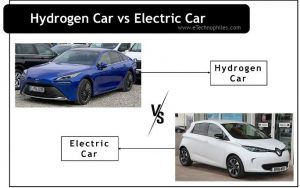Last updated on May 13th, 2022 at 04:25 pm
Hydrogen fuel cell cars are powered by an electric motor, but unlike electric cars, they use hydrogen fuel cells to generate electricity. Hydrogen fuel cells work by combining hydrogen and oxygen to create water, which produces energy that powers the electric motor. In this article, we will compare Hydrogen vs Electric cars in detail.
- Hydrogen vs Electric cars (A quick comparison)
- What is a Hydrogen Fuel cell car?
- What are the advantages of Hydrogen cars?
- How the efficiency of Hydrogen cells can be improved?
- Refueling stations availability: EV vs Hydrogen
- Refueling Time: Hydrogen vs Electric Cars
- Hydrogen vs Electric Cars – Which Is More Sustainable?
Note: Hydrogen vehicles are of two types: Hydrogen Fuel cell vehicles and Hydrogen Engine vehicles. This article compares Hydrogen Fuel cell cars with Electric cars.
Hydrogen vs Electric cars (A quick comparison)
| Hydrogen Cars | Electric Cars |
| Hydrogen cars are vehicles that use hydrogen fuel cells as the primary energy source to produce electricity. | Electric cars are either partially or fully powered by an electric motor instead of an internal combustion engine. |
| Hydrogen and oxygen are fused chemically to form water resulting in a fuel cell reaction that produces electricity. | The cars are powered by batteries which store charge exactly the way mobile phones do. |
| Hydrogen fuel cells are much lighter than batteries and refueling is quicker than charging an EV. | Although charging Electric cars take time, they can be charged at your home conveniently. |
| Hydrogen cars tend to be more frugal than their battery-operated counterparts in terms of range. | The range is limited in electric cars and even the most expensive EVs tend to offer a 300 miles range. |
| Refueling options are very limited and there are very few hydrogen gas stations around. | There is a fine network of charging stations all over the world, with over 20,000 in the US. |
Before comparing them in detail, let’s discuss the Hydrogen car in brief. We’ve already covered the basics and working of Electric cars in this article.
What is a Hydrogen Fuel cell car?
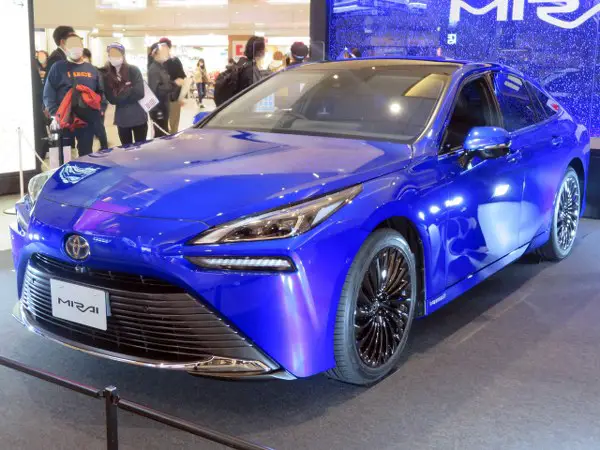
Hydrogen fuel cell car is a type of fuel cell vehicle. Fuel cells have been around since the early 1800s, but it wasn’t until the 1950s that the first fuel cells were used in vehicles. Fuel cells work by converting hydrogen and oxygen into water, producing electricity in the process.
Hydrogen is the most abundant element in the universe, so it is not likely to run out as petrol or diesel will.
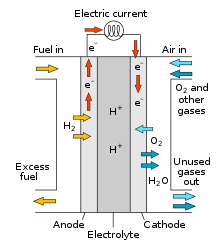
Hydrogen fuel cells generate electricity through a chemical reaction between hydrogen and oxygen, with water and heat as the only by-products. The major advantage of this technology is that it can be used in a wide variety of applications, including powering vehicles. In a hydrogen car, the fuel cells are used to generate electricity, which is then used to power the wheels.
The main benefit of this arrangement is that it provides a very efficient way to convert the energy in the hydrogen into usable power. As a result, hydrogen cars have the potential to be much more fuel-efficient than traditional petrol or diesel cars. In addition, they emit far fewer pollutants, making them much cleaner for the environment.
Hydrogen cars are also very quiet, making them ideal for city driving. The main downside of hydrogen cars is the cost of setting up a hydrogen fueling infrastructure.
What are the advantages of Hydrogen cars?
Hydrogen cars are not yet widely available, but there are a number of advantages that make them an attractive option for the future.
- One advantage is that hydrogen fuel cells are much more efficient than petrol or diesel engines, meaning that hydrogen cars produce fewer emissions.
- Another advantage is that hydrogen fuel cells can be refueled much more quickly than batteries can be charged, making them more convenient for long journeys.
How the efficiency of Hydrogen cells can be improved?
As research and development into hydrogen vehicles continue, there are a number of different factors to consider in terms of their feasibility and efficiency. One key question is how to best utilize excess energy in order to produce hydrogen fuel.
While new methods, such as the proton exchange membrane, show promise in terms of efficiency, further study is needed to determine their viability on a large scale.
Additionally, utilizing surplus energy for hydrogen production may be more efficient than other methods, such as dams, when taking into account the full impact of each option. As more information becomes available, it will be important to consider all of these factors in order to make the best decisions about the future of hydrogen vehicles.
Refueling stations availability: EV vs Hydrogen
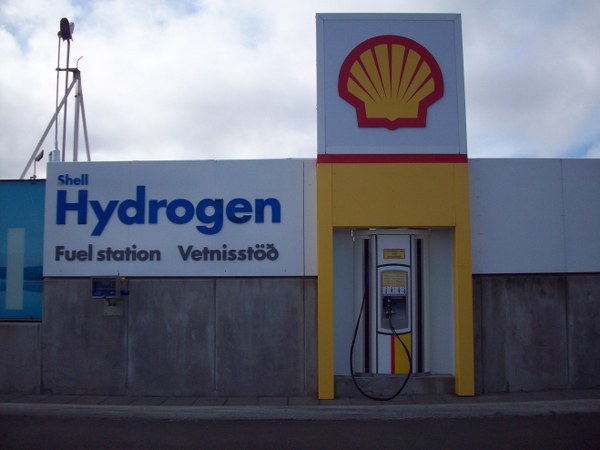
Given the advancements in technology and the increased interest in sustainable living, it is not surprising that electric vehicles (EVs) are becoming more popular.
A recent study found that there are now 20,000 EV charging stations in the United States, with this number expected to grow in the coming years. In comparison, there are less than 45 hydrogen refilling stations in the US, most of which are located in California.
This illustrates the significant disparity between the two types of vehicles in terms of infrastructure and supply. Additionally, the technology of hydrogen cars is still lagging behind that of electric vehicles. This is likely to change in the future as hydrogen cars become more mainstream, but for now, EVs are clearly the superior choice.
Refueling Time: Hydrogen vs Electric Cars
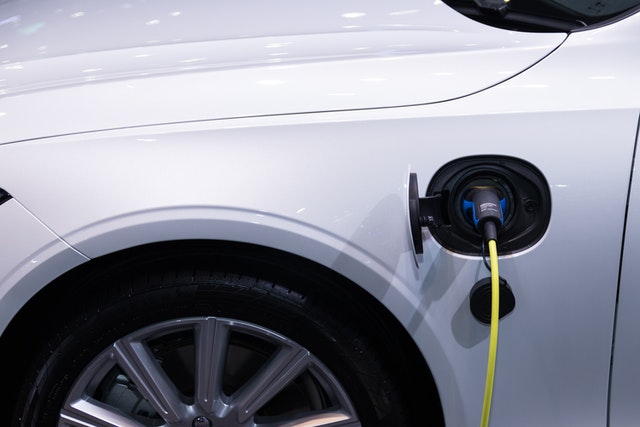
The amount of time it takes to pump hydrogen into the tank is way more interesting (5 to 10 minutes, just like any petrol car) than the one from electric cars. While Tesla’s fast chargers (with 120 kW) give batteries 80% power in half an hour, the BMW i3 or the Nissan Leaf can take around 4 or 8 hours, respectively, to get fully charged.
Hydrogen vs Electric Cars – Which Is More Sustainable?
Despite the benefits of hydrogen-powered vehicles, most hydrogen today is produced by the process of methane reforming. This process generates carbon monoxide and dioxide, which negates the potential of hydrogen-powered vehicles as a solution to fight climate change.
In addition, the need to use natural gas (a fossil fuel) that might escape during the extraction and transportation (via pipelines) phase is also problematic. Even if the methane cracking process is improved, it is unlikely to be a long-term solution.
Whereas in electric cars there is zero-emission (no combustion). So, they are better for the environment and can reduce air pollution.
Thus, while hydrogen-powered vehicles hold considerable promise, the current production methods are not sustainable in the long term.
